In today’s digital age, organizations handle vast amounts of sensitive information. Ensuring the security of this data is critical, and that’s where ISO 27001 comes into play. ISO 27001 is the globally recognized standard for Information Security Management Systems (ISMS), providing a framework to manage, protect, and continually improve information security. For professionals looking to build expertise in auditing these systems, the ISO 27001 Lead Auditor Certification is a powerful career move.
What is ISO 27001 Lead Auditor Certification?
The ISO 27001 Lead Auditor Certification equips professionals with the knowledge and skills required to assess, audit, and certify an organization’s ISMS against the requirements of ISO 27001. Certified lead auditors play a vital role in ensuring compliance, identifying risks, and recommending improvements to safeguard data. This certification is widely respected and opens opportunities across industries where data security is paramount, including IT, finance, healthcare, and government sectors.
Why Pursue the ISO 27001 Lead Auditor Certification?
Career Growth: With cyber threats rising, organizations need certified auditors who can validate security practices. This makes certified professionals highly sought after.
Global Recognition: ISO 27001 Certification is recognized worldwide, and a lead auditor credential demonstrates expertise on an international level.
In-demand Skills: It provides practical auditing skills, such as conducting internal and external audits, preparing audit reports, and ensuring compliance.
Contribution to Security: Certified auditors directly support organizations in strengthening their information security posture.
ISO 27001 Training and Course Structure
To earn the certification, professionals typically undergo ISO 27001 Training, which covers both theoretical and practical aspects of auditing. An ISO 27001 Course usually includes:
Understanding ISO 27001 Standard: Introduction to ISMS, clauses, and Annex A controls.
Auditing Techniques: How to plan, conduct, report, and follow up on audits.
Risk Assessment: Identifying, analyzing, and mitigating risks in information security.
Practical Exercises: Simulated audits to build hands-on experience.
Most training programs conclude with a written exam that tests knowledge of ISO 27001 requirements and auditing practices. Successful candidates are awarded the ISO 27001 Lead Auditor Certification, allowing them to lead certification audits on behalf of accredited bodies.
Who Should Take the ISO 27001 Course?
The certification is ideal for:
Aspiring auditors and consultants in information security.
IT managers and compliance officers are responsible for ISMS.
Professionals involved in risk management or data protection.
Anyone seeking to enhance their career in information security governance.
Final Thoughts
The ISO 27001 Lead Auditor Certification is more than just a credential—it is a gateway to global opportunities in information security auditing. By completing an ISO 27001 Course and undertaking professional ISO 27001 Training, candidates gain the expertise to help organizations safeguard critical information assets while advancing their careers. As data security continues to dominate the business landscape, ISO 27001 certified lead auditors will remain in high demand.


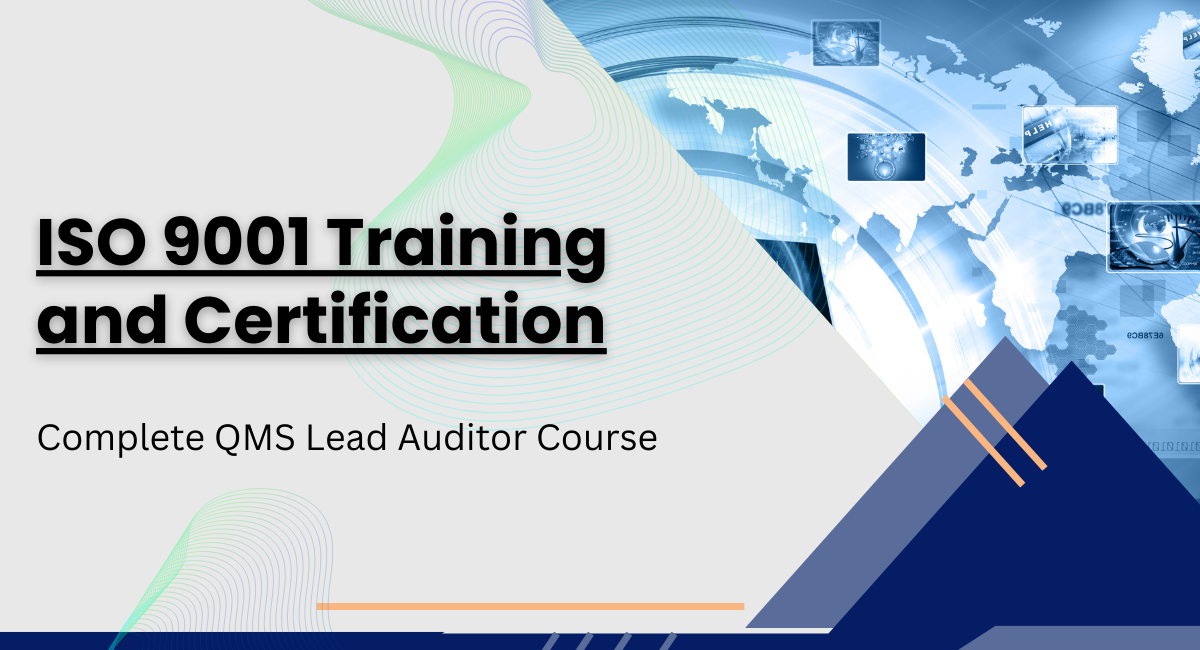
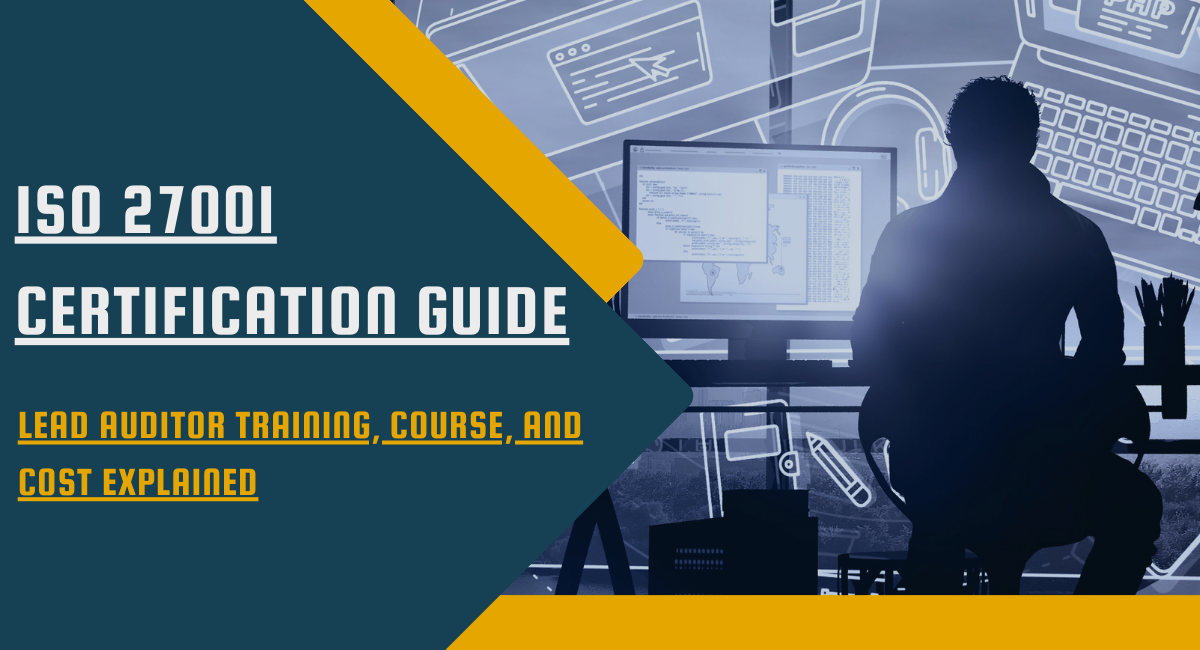

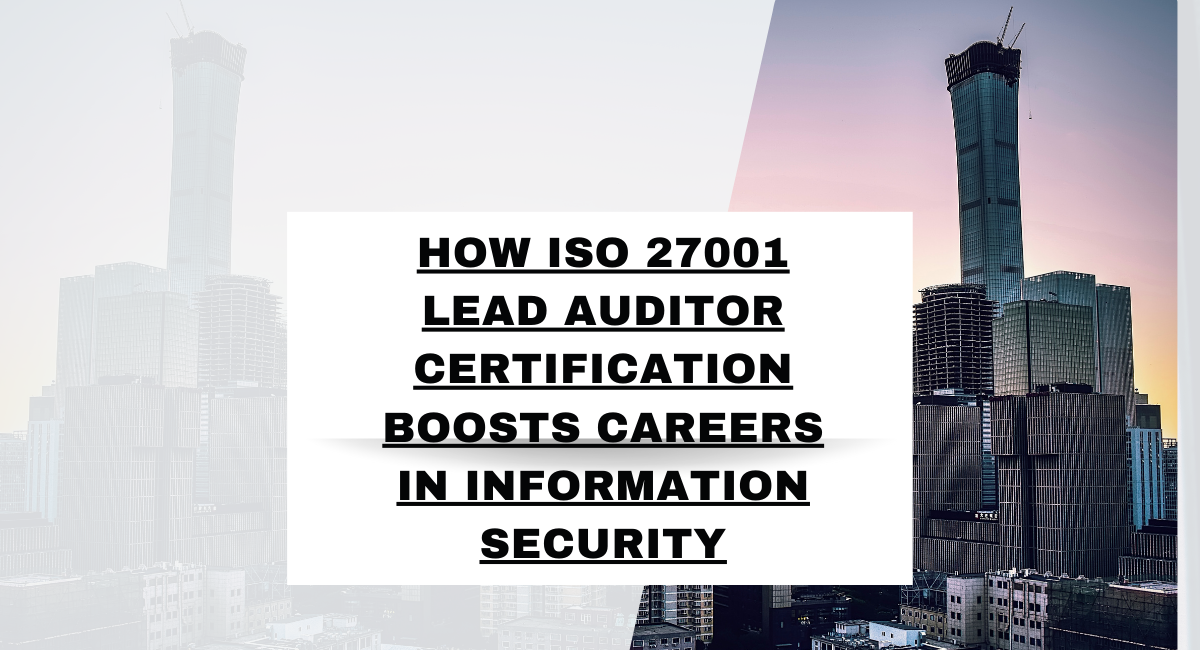


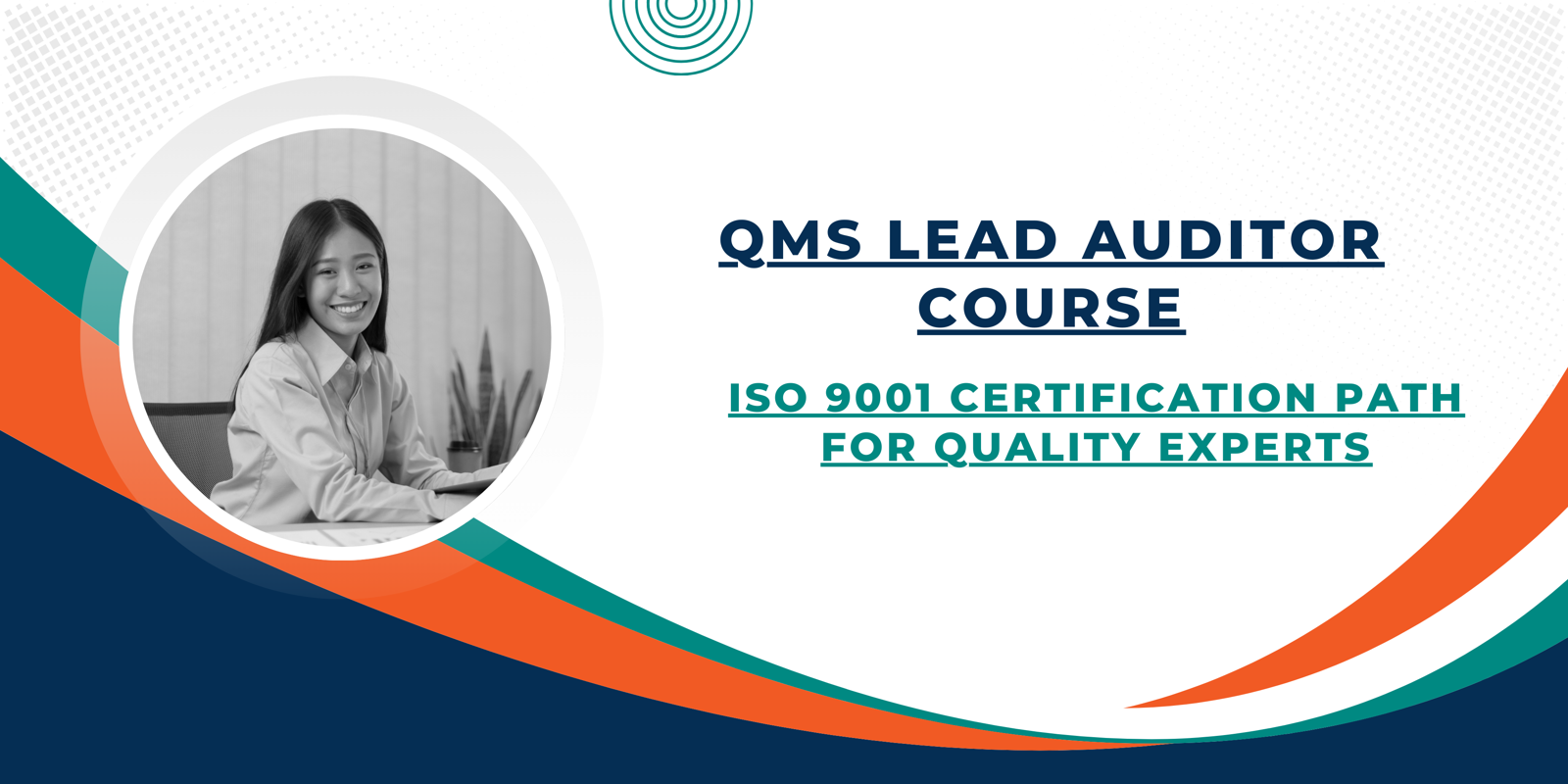

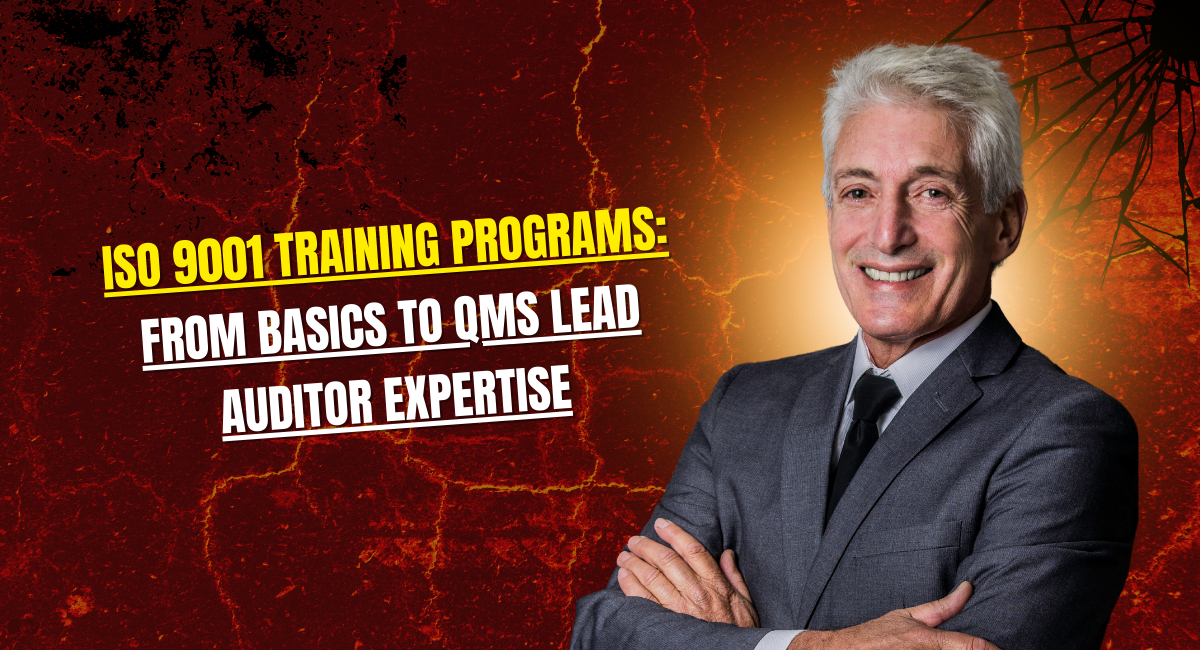


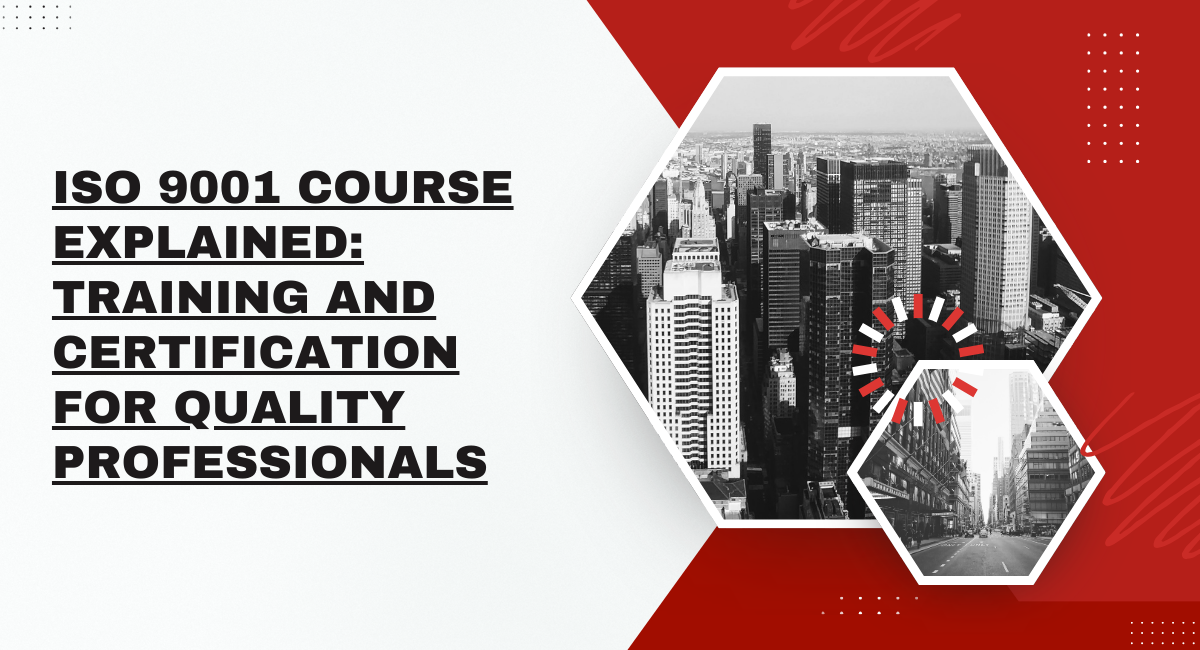

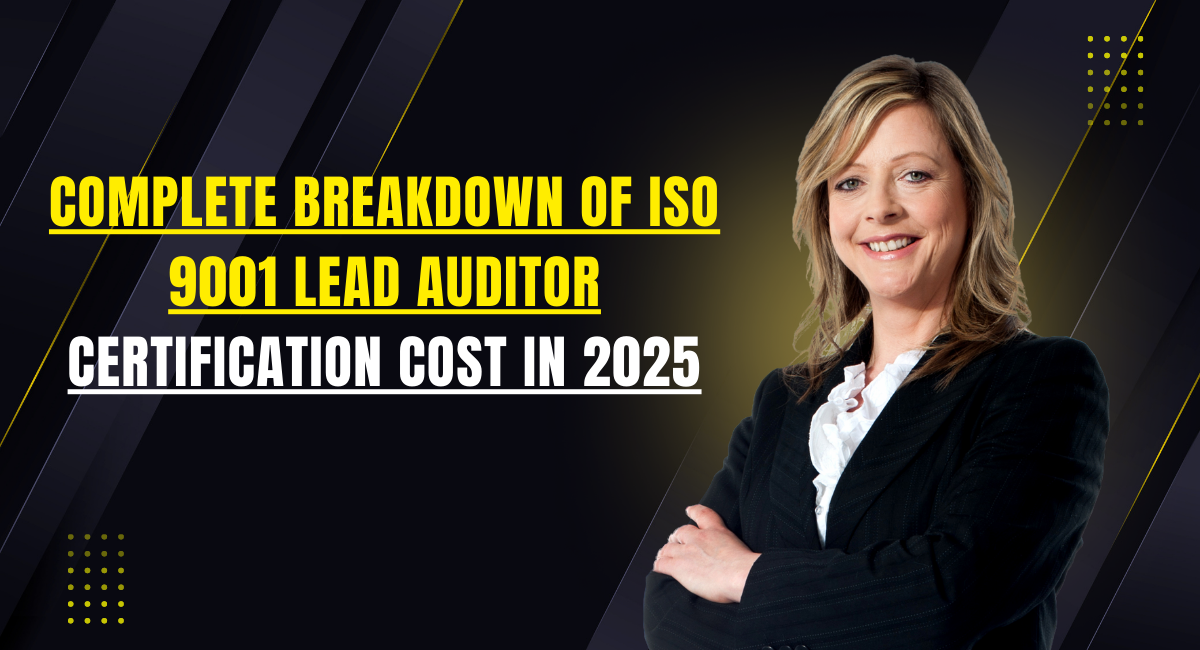


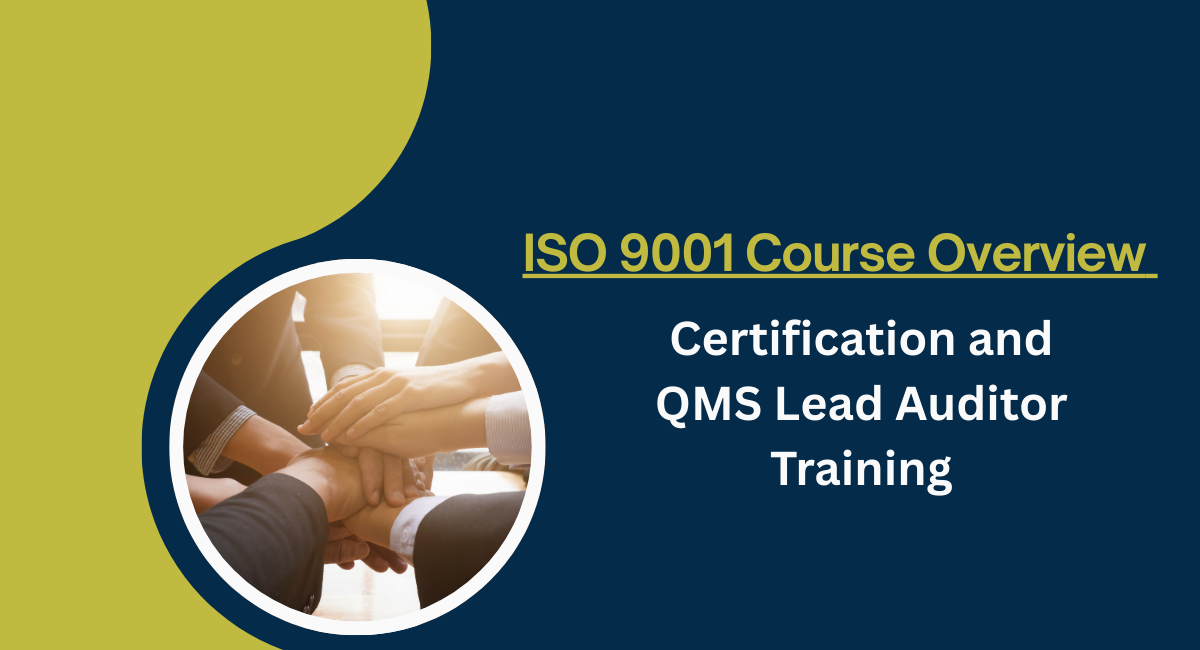

Write a comment ...